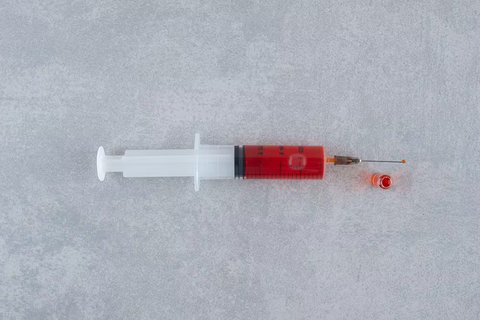What are Vitamin B12 Injections for?
Vitamin B12 injections are primarily used to treat pernicious anemia and vitamin B12 deficiency. Injections may be given to people who have malabsorption issues due to disorders such as Crohn's disease, atrophic gastritis, chronic pancreatitis, and intestinal bacterial overgrowth. 3 Vegans and vegetarians may also require B12 treatment, especially vegan women who are pregnant or breastfeeding.
B12 shots are not given to help with weight loss, and they are unlikely to cause you to lose weight.
In the US, Vitamin B12 shots are available as a synthetic version of vitamin B12 (cyanocobalamin). In the UK, injections are usually given as hydroxocobalamin or cyanocobalamin. It is typically an intramuscular injection in the arm, and is given by a nurse or a doctor.
Some naturopathic practitioners in the US may also offer methylcobalamin injections or IVs. Be sure to check which form of B12 is used in the injection.














